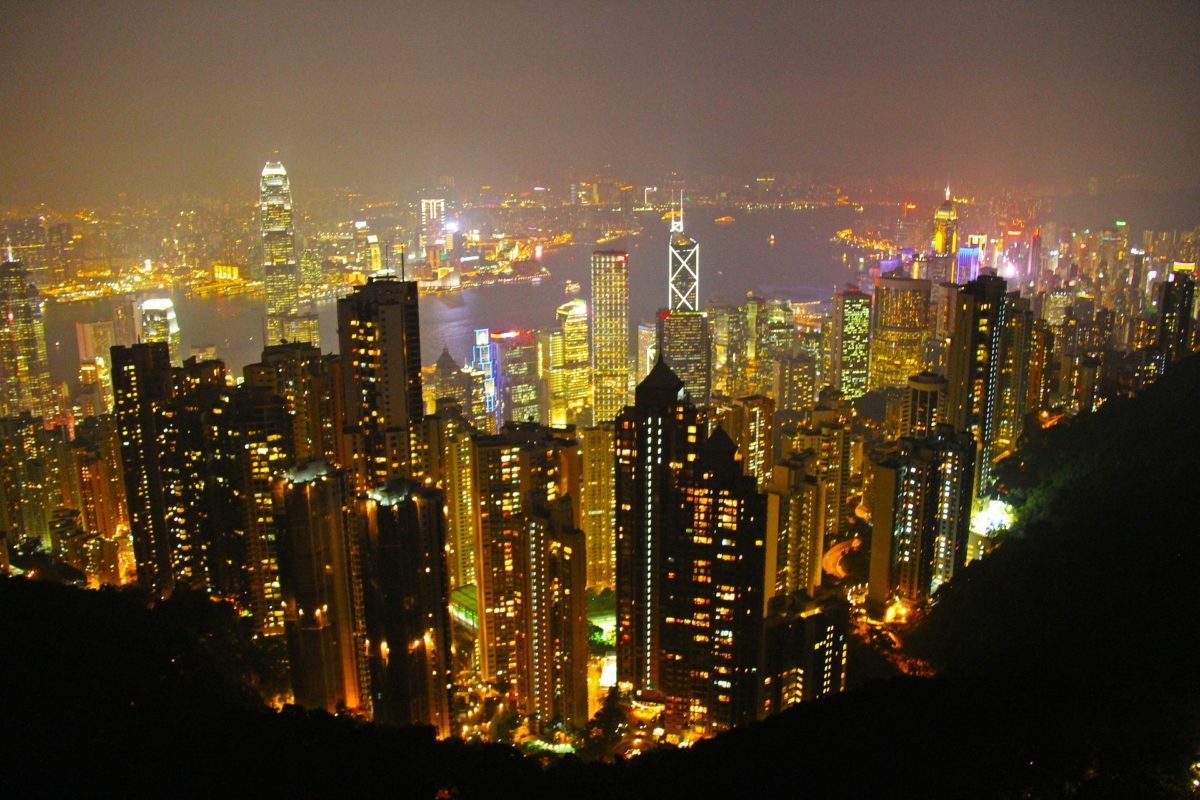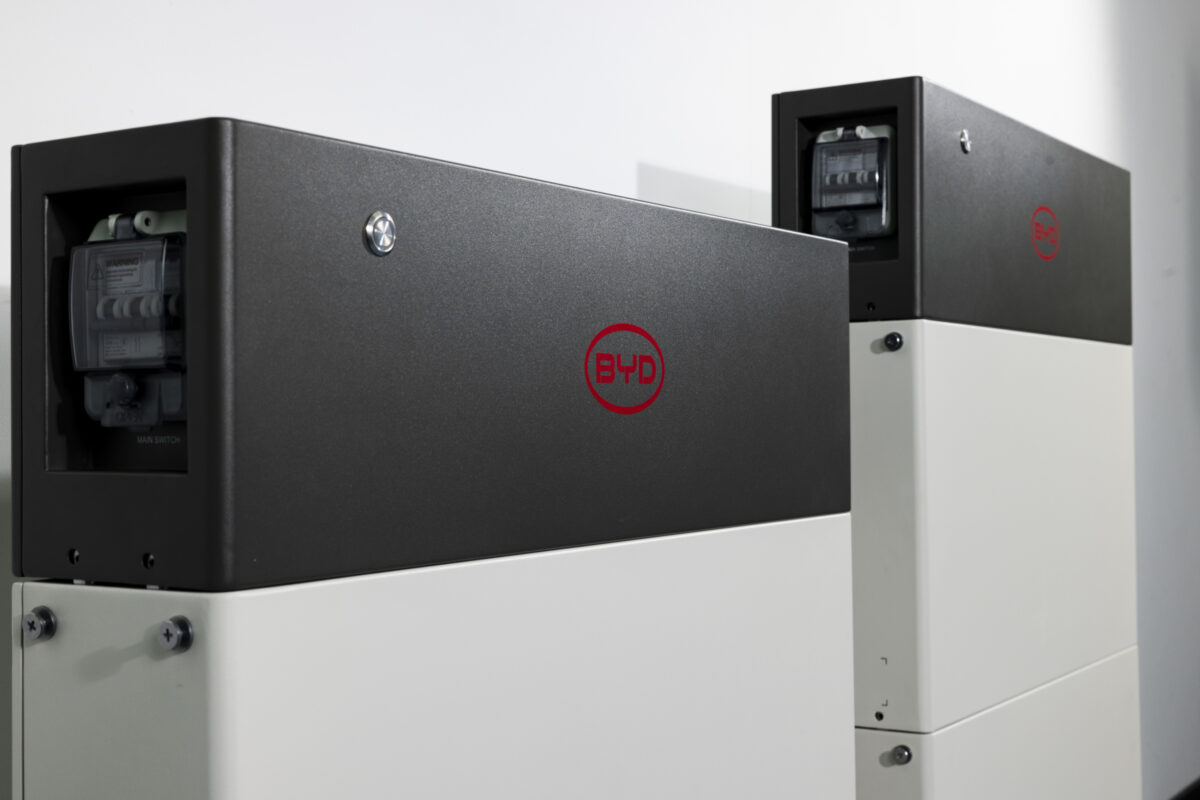China Solar may be inching nearer a return to the Hong Kong exchange, more than five-and-a-half years after trading in shares in the solar cell, panel and module maker was suspended.
The business is hopeful its third application to relist in Hong Kong will prove more successful than the previous two attempts after it finally managed to produce an unaudited – and predictably dire – set of accounts for the missing years from 2014 to last year.
The China Solar story has it all, allegations of false accounting, boardroom wars, detentions by the Chinese authorities, winding up orders, white knight investors – even pig farming.
The Hong Kong-based manufacturer’s problems began in October 2013, when then-chairman, executive director and major shareholder Yeung Ngo – and fellow board members Hao Guojun and Yang Yuchun – were detained in China under suspicion of “making a false representation in relation to the registered capital” of a business in Dali that, it subsequently emerged, never actually started trading.
An unwise investment
Yeung was subsequently accused of obtaining credit lines from public and private lenders for a business in Changzhou. China Solar at that point announced it was investigating claims Yeung sold both businesses to it at an inflated price and then secured personal loans against land that belonged to the Changzhou business, which had now become a China Solar subsidiary. With the sale of the two businesses, Yeung had amassed a 26.34% stake in China Solar.
In February 2014, China Solar was hit by a claim for RMB51.2 million ($7.63 million) which had allegedly not been repaid by Yeung and his spouse and receivers were appointed for the Chengzhou business in April 2014. The Chengzhou unit was eventually liquidated with debts of RMB272 million, of which only RMB49.4 million was recovered from its assets.
In June 2014, solar project development operations at China Solar’s Anhui Jiari unit were suspended, and even the ‘hog business’ unit managed by Yeung and Yang was reported to be – perhaps understandably – struggling. Three months later it emerged accounts were difficult to find for the Anhui subsidiary because all the China Solar staff had deserted their posts.
A special investigation committee set up by China Solar in December 2014 suspended acting chairman Sun Yanfeng, managing director Guo Lijie and executive director Jin Yan. The investigators upheld the allegations against Yeung in January 2015 and he resigned as chairman and director a month later “to concentrate on his personal affairs”. Those personal affairs involved the pursuit by his former company of him for HK$164 million (US$20.9 million) and his counter move of issuing a winding up order against China Solar for an unpaid HK$36.7 million convertible note owed to his Crown Master business – which held a 14.57% stake in the company it was trying to close down.
Directors abandoned ship
In June 2015, Wong Sin Hua Felix acquired Yeung’s stake and convertible note claim and the appointment of his wife Yu Kwo to the China Solar board prompted a mass resignation of directors.
The embattled business had been able to limp on through the turmoil thanks to the acquisition of a 51% controlling stake in Ying Da Holdings Ltd in September 2014, secured by promissory notes to three lenders worth around HK$25.1 million. A subsequent, two-year HK$60 million loan from Richmost Holdings Ltd – secured at an eye-watering 48% annual interest rate – ensured operations continued and was secured against a Gold Moral subsidiary of Ying Da.
It appeared time was running out for China Solar when liquidators were appointed in August 2015 but, having fought off Wong’s attempts to force through Yeung’s historic winding up order – the latter having been declared bankrupt in August 2015 – they, remarkably, managed to find a savior for the crisis-stricken company.
That man was real estate investor and Hong Kong logistics company owner Cheung Shun Lee, who plowed an initial, non-refundable HK$10 million into China Solar before eventually stumping up a further HK$1.3 million, plus HK$24.2 million in loans and a further injection of up to HK$2.5 million, when needed.
Revival
With Yu eventually removed from the China Solar board for failing to turn up to meetings, Cheung and his Happy Fountain Ltd business have attempted to revive the solar manufacturer with the issuance of new shares and by repeated attempts to relist on the Hong Kong Exchange. The business has resisted attempts by Wong and his Ankang business to prevent China Solar subsidiary Excel Deal acquiring two 50 MW power plants in China and has even managed to patch together the long-lost accounts.
In August, China Solar rounded up the state of affairs at its five subsidiaries. With Changzhou dissolved and Dali never having started, the company said there was no evidence of any operations at its business addresses in Jiangsu or Anhui either, so it's only functioning unit was a Chengdu subsidiary which buys fruit and leaves and processes them into powders. That operation had assets of HK$5.43 million seven months ago.
Which brings us to the newly-prepared figures. Having posted revenue of HK$180 million and gross profits of HK$4.8 million in 2013, both figures disappeared due to a lack of activity, leading to a total comprehensive loss that rose from HK$139 million in 2013 to HK$864 million a year later. At that point, China Solar’s HK$959 million of net assets in 2013 had become net losses of HK$14 million.
Why persist?
The following year saw a return to revenue and profit – with HK$13.9 million and HK$2.78 million respectively – for a loss of HK$22 million, but the balance sheet worsened to net losses of HK$47.6 million and that trend continued with figures of HK$81.7 million and HK$94.4 million in 2016 and 2017. That has left the company, which booked no revenue or profit again last year, with net losses of HK$111 million.
The fact Cheung still sees the chance of a profitable business testifies to the scale of the perceived riches on offer to Chinese businesses which can earn a slice of what is expected to be a solar boom year worldwide in 2019.
Quite what the year has in store for China Solar’s pig farming operations, pv magazine is unable to predict.
This content is protected by copyright and may not be reused. If you want to cooperate with us and would like to reuse some of our content, please contact: editors@pv-magazine.com.




By submitting this form you agree to pv magazine using your data for the purposes of publishing your comment.
Your personal data will only be disclosed or otherwise transmitted to third parties for the purposes of spam filtering or if this is necessary for technical maintenance of the website. Any other transfer to third parties will not take place unless this is justified on the basis of applicable data protection regulations or if pv magazine is legally obliged to do so.
You may revoke this consent at any time with effect for the future, in which case your personal data will be deleted immediately. Otherwise, your data will be deleted if pv magazine has processed your request or the purpose of data storage is fulfilled.
Further information on data privacy can be found in our Data Protection Policy.